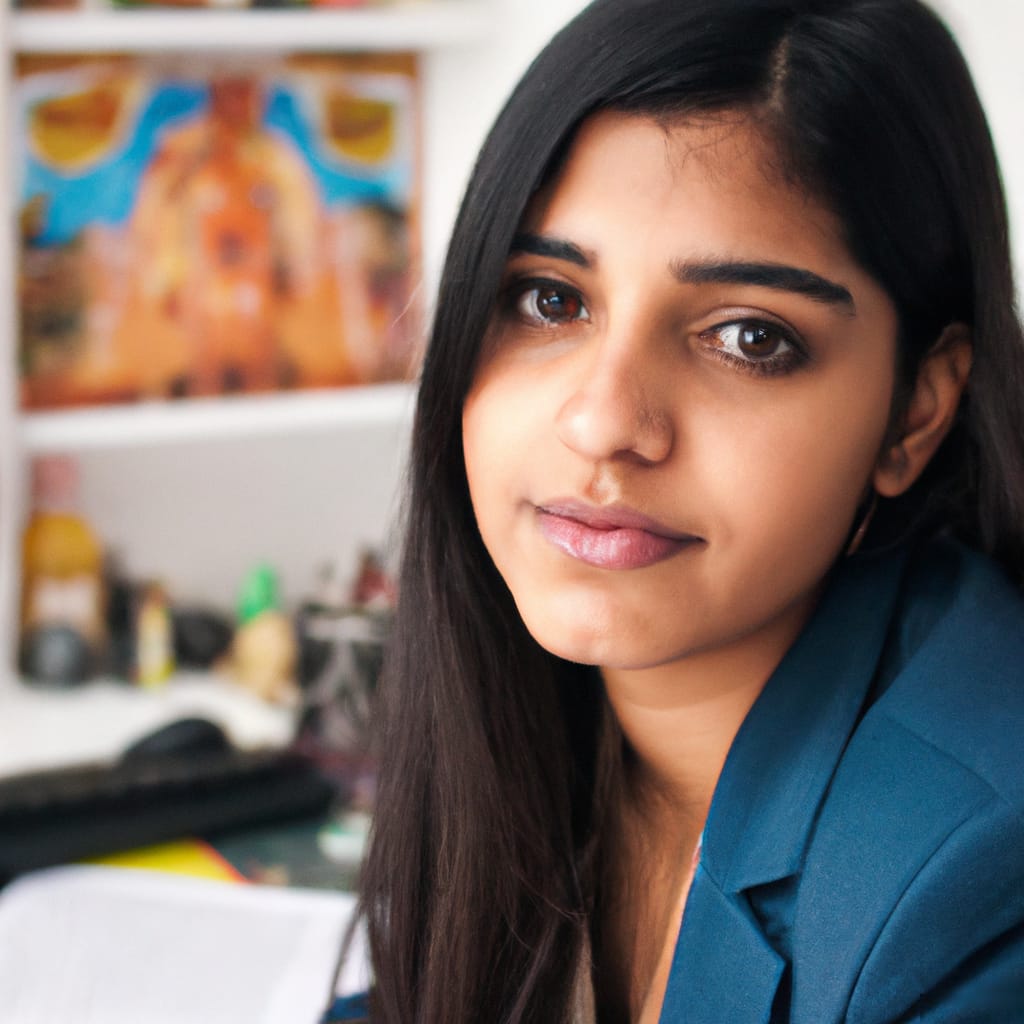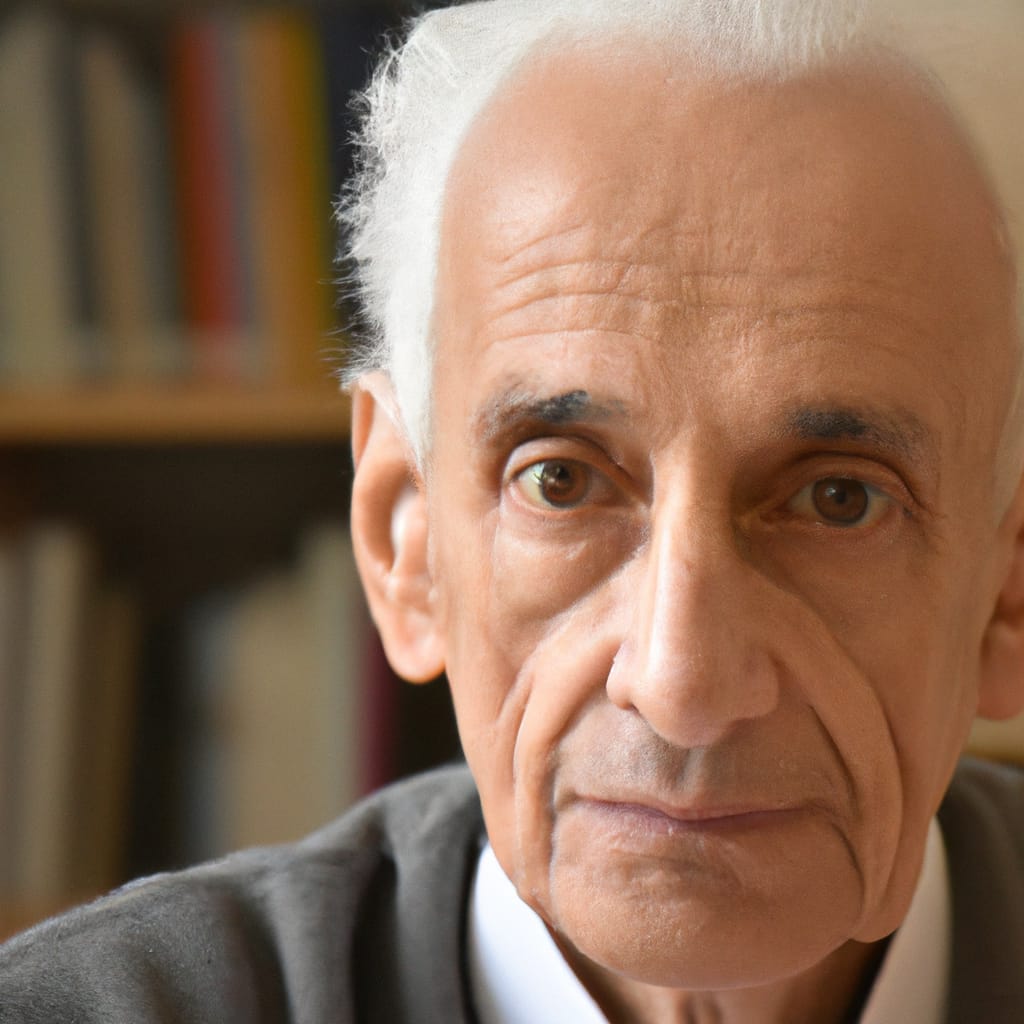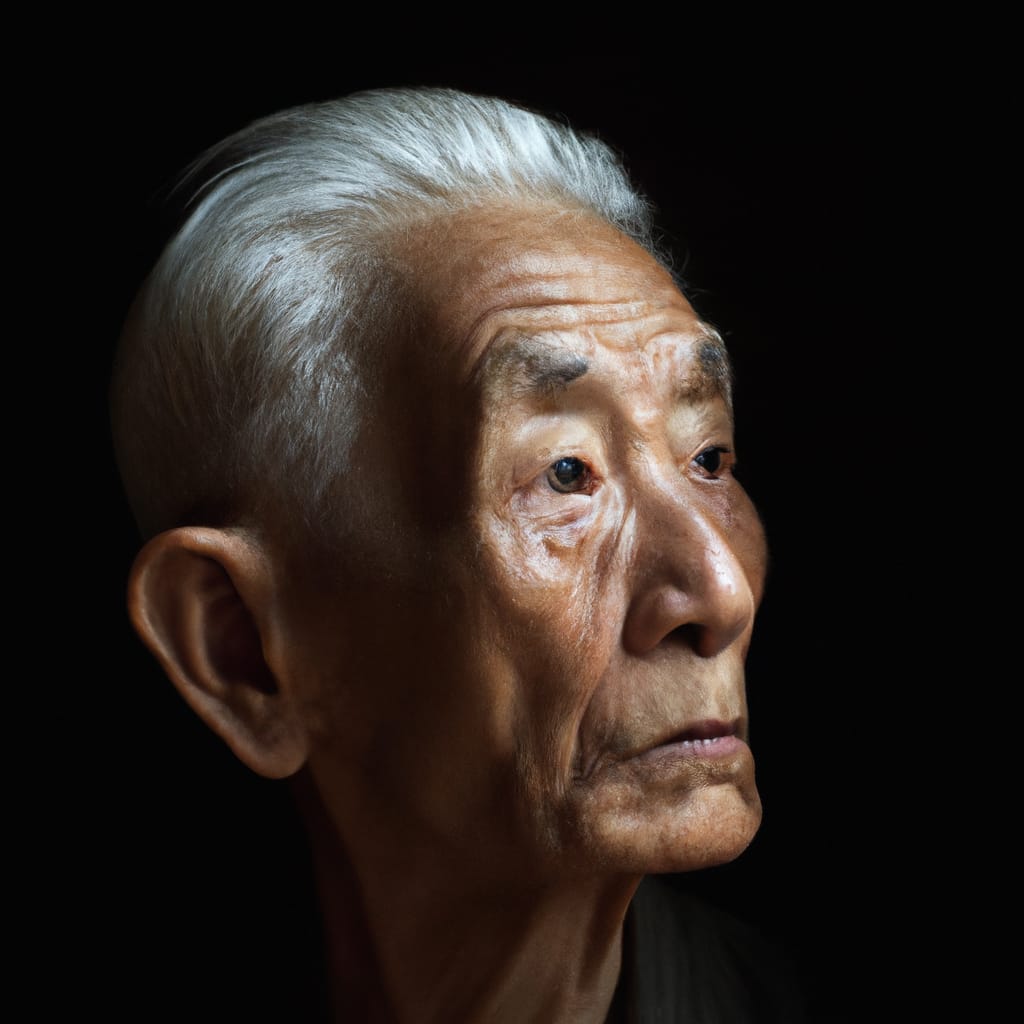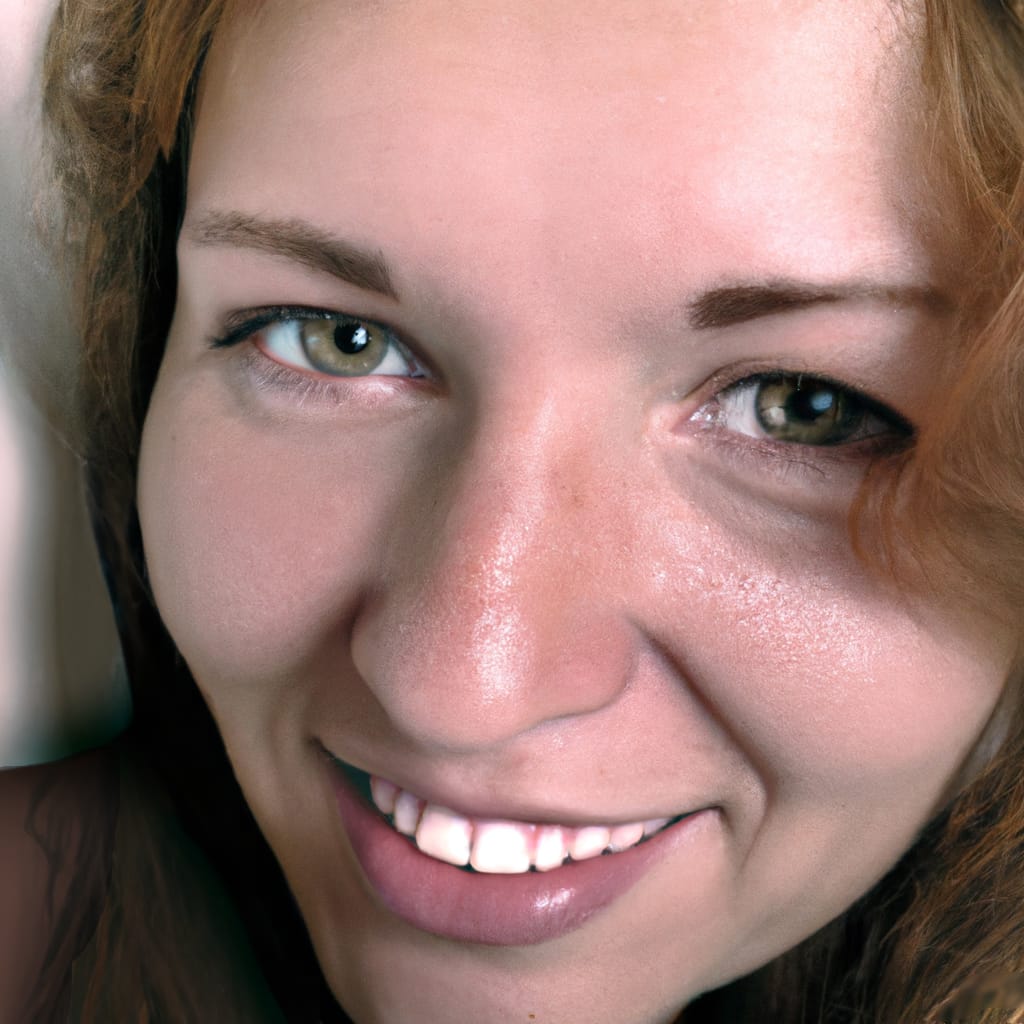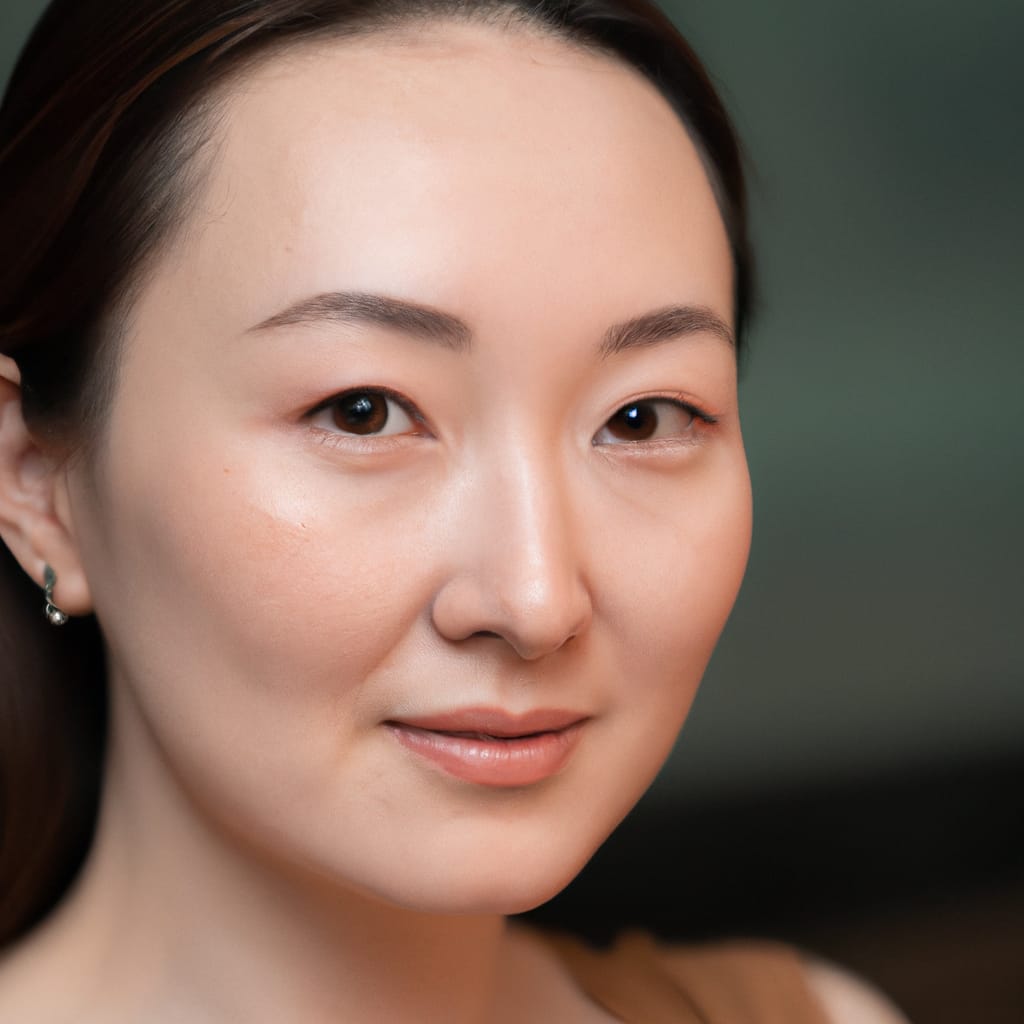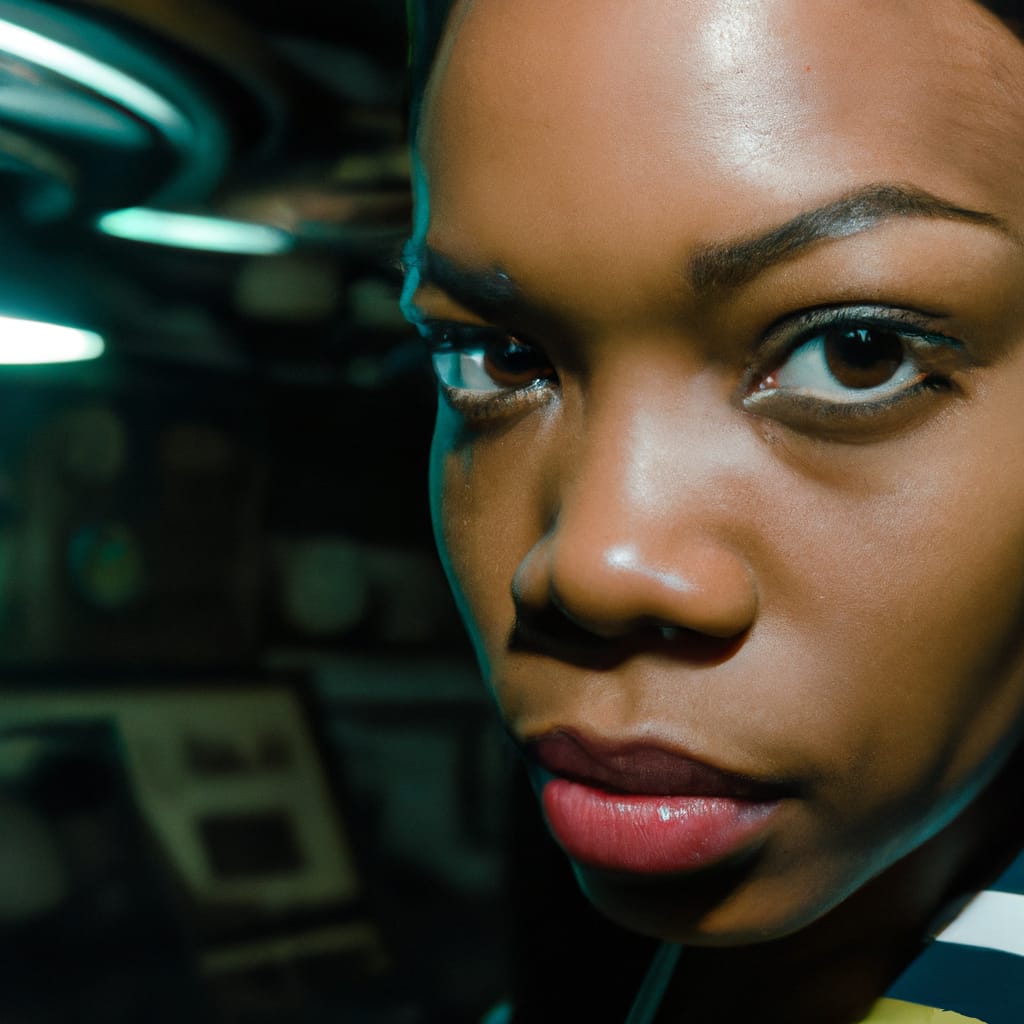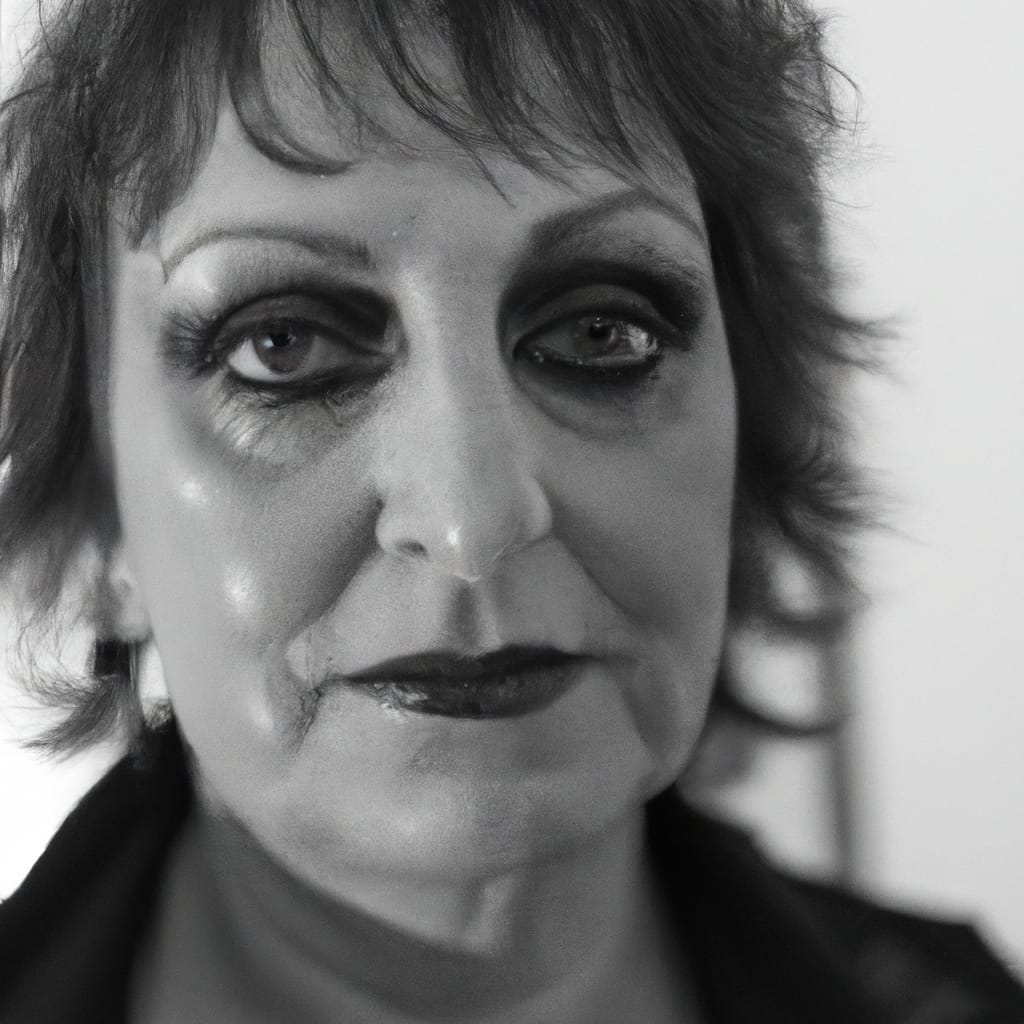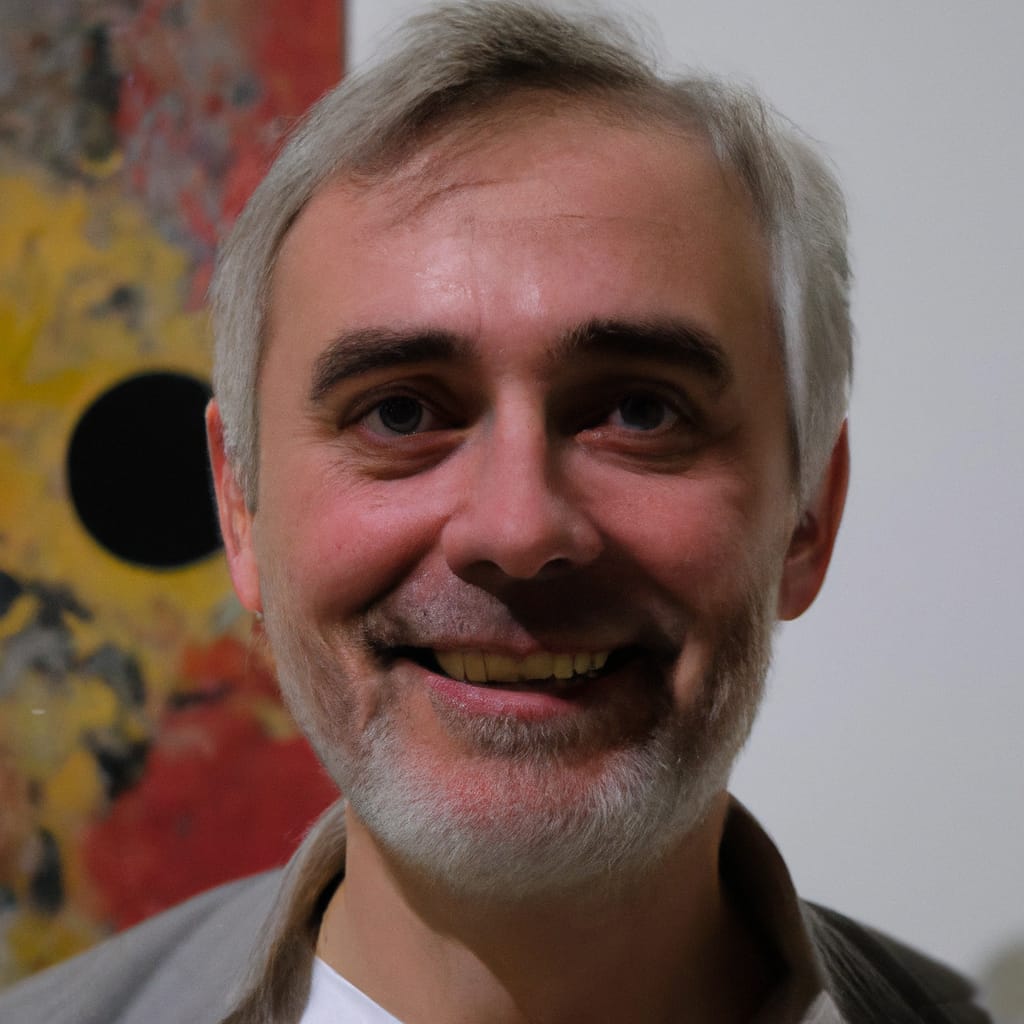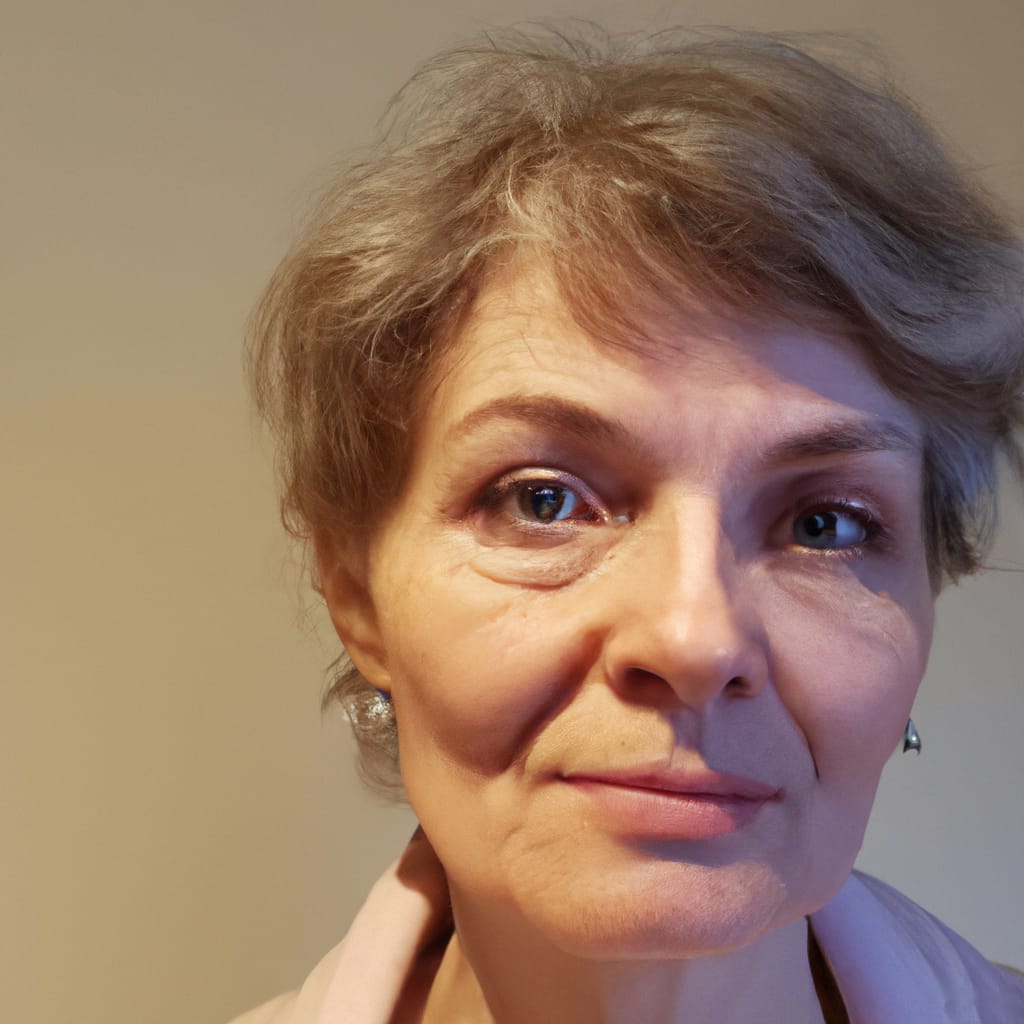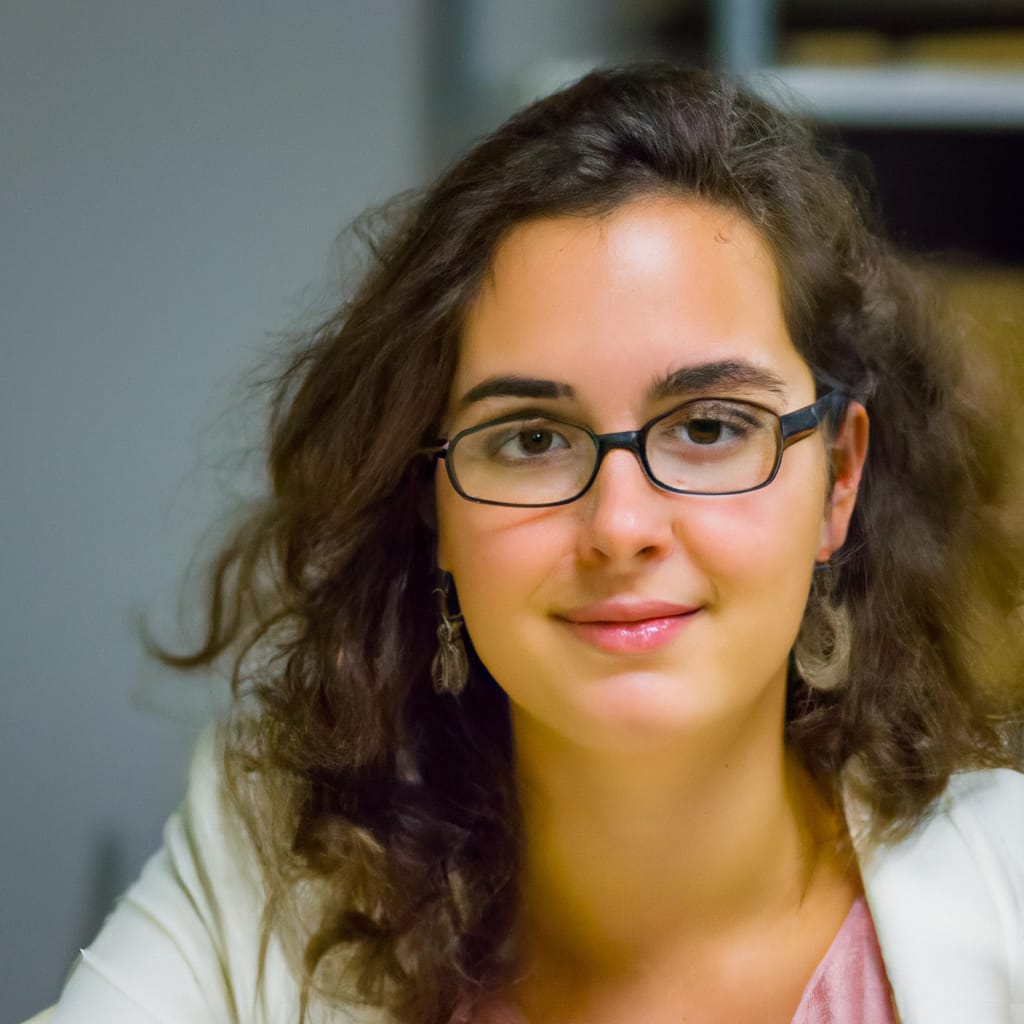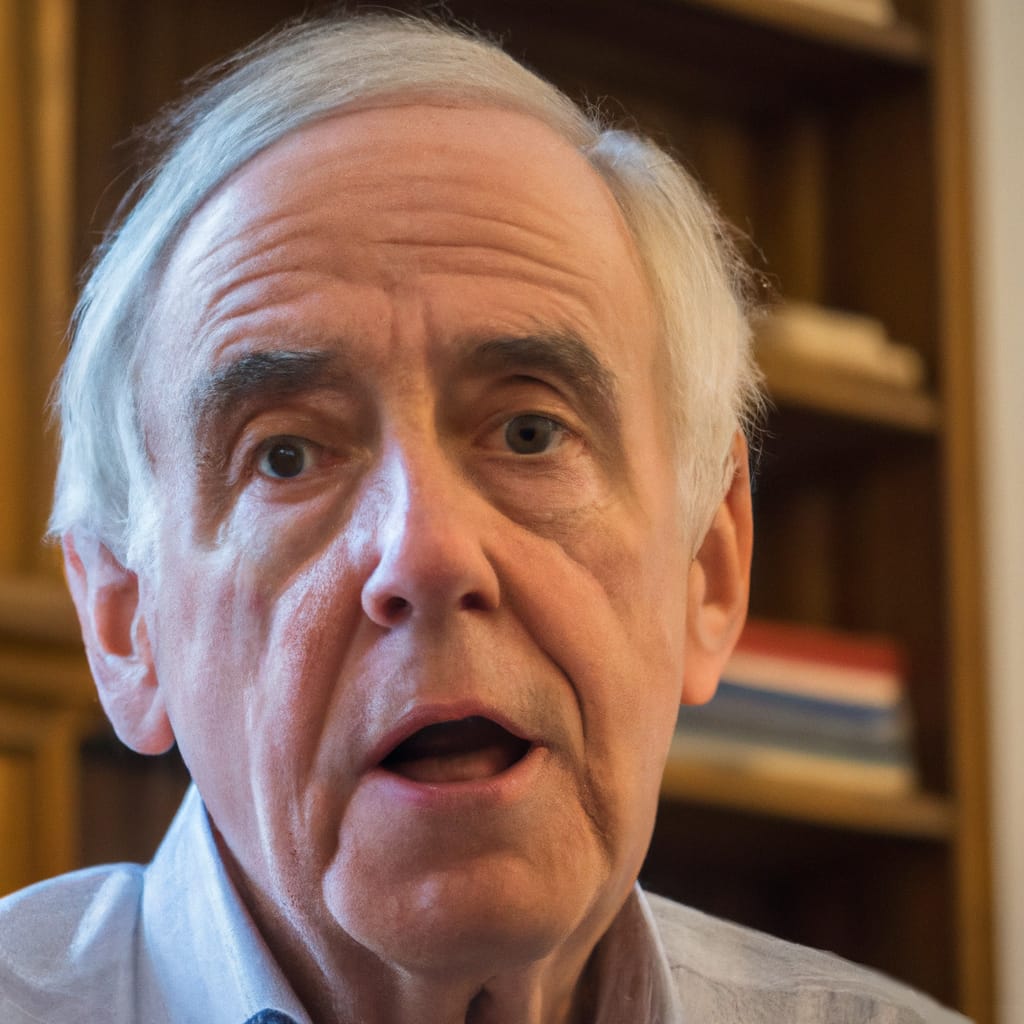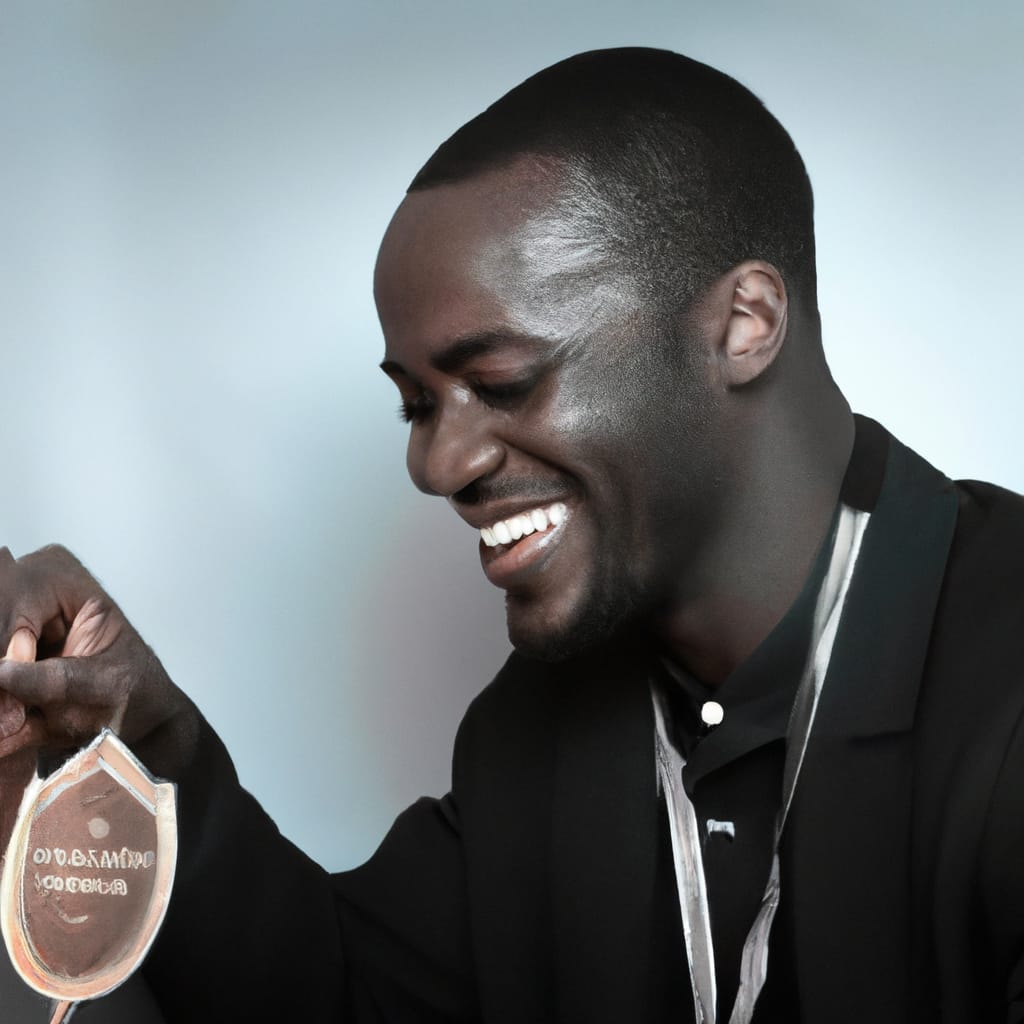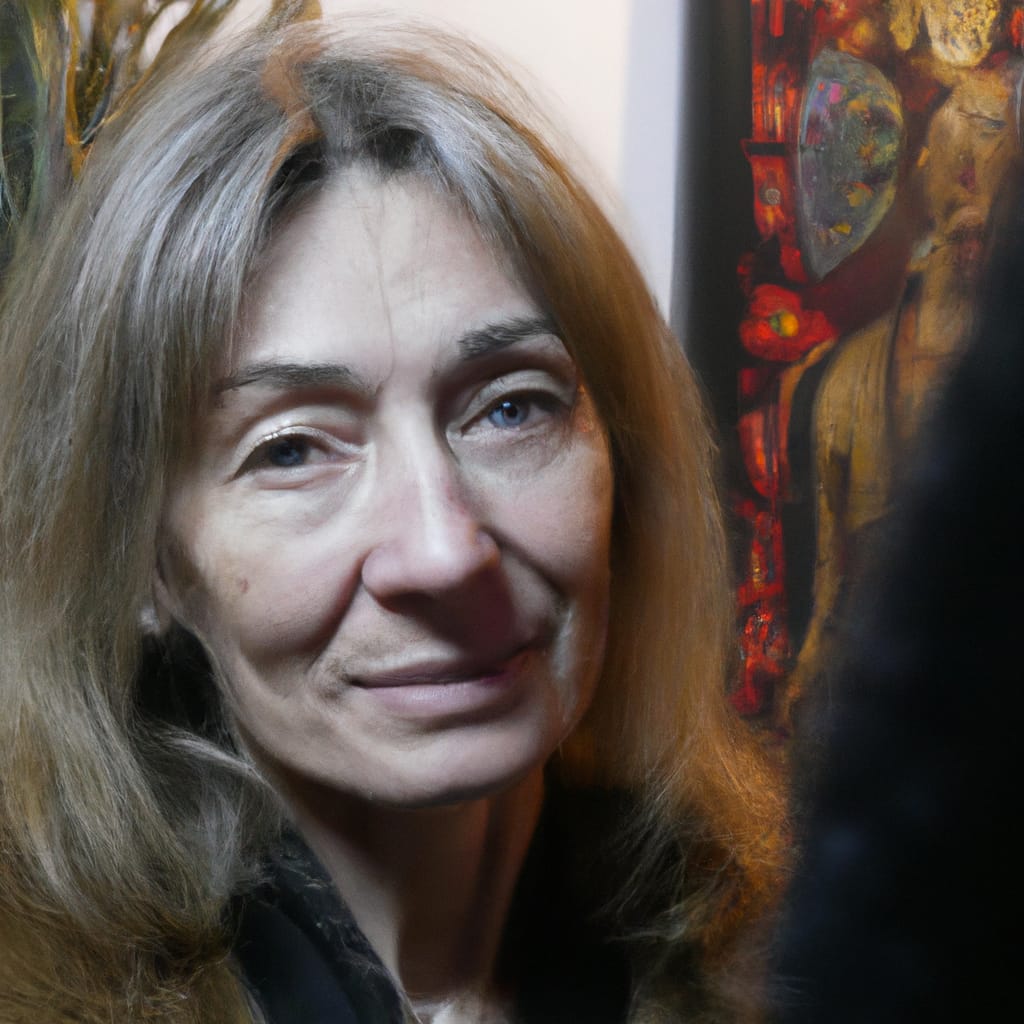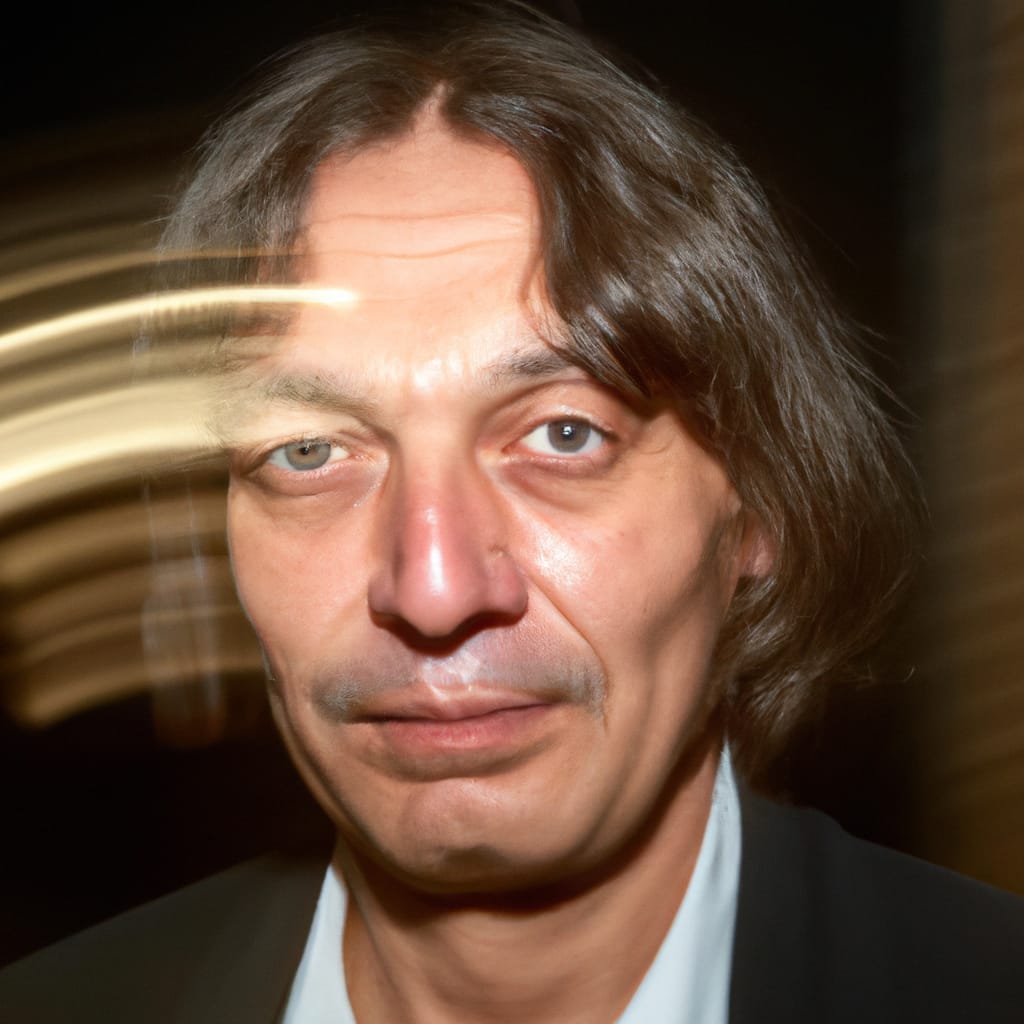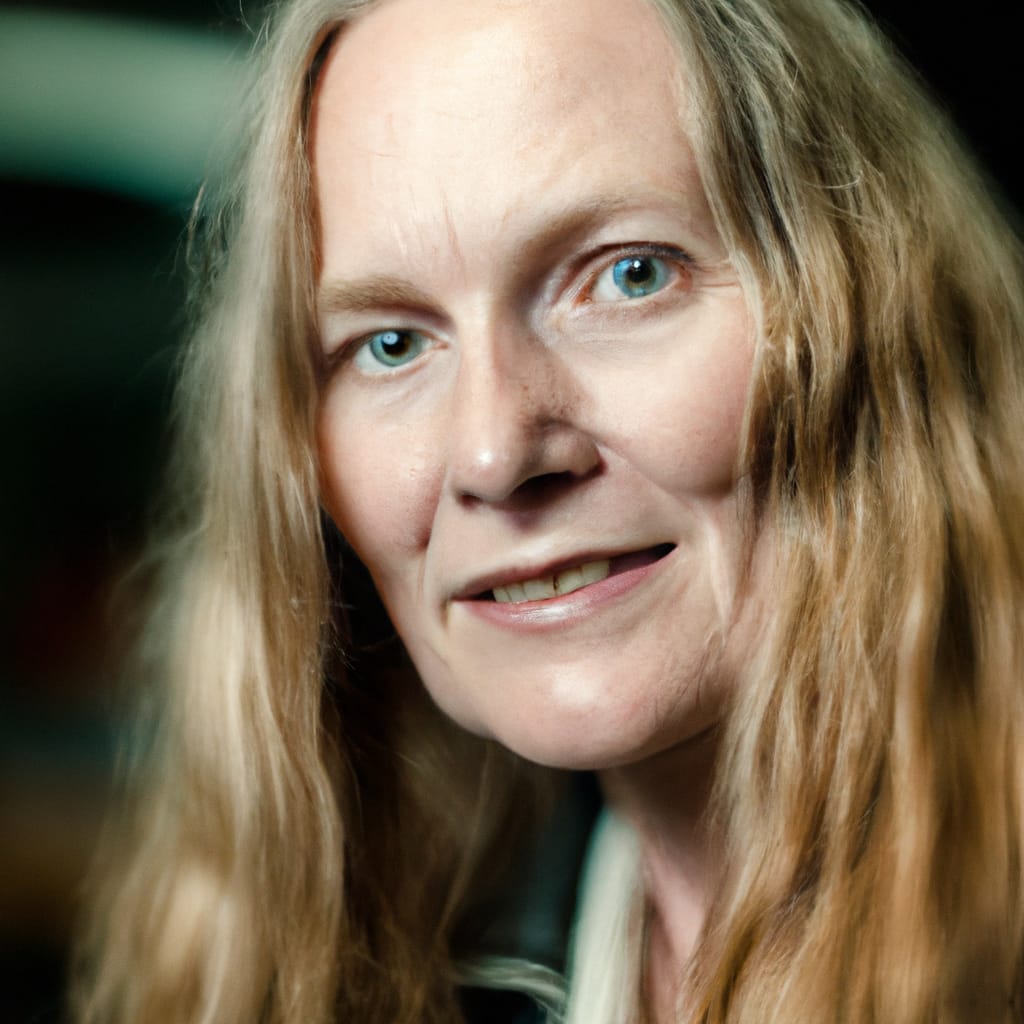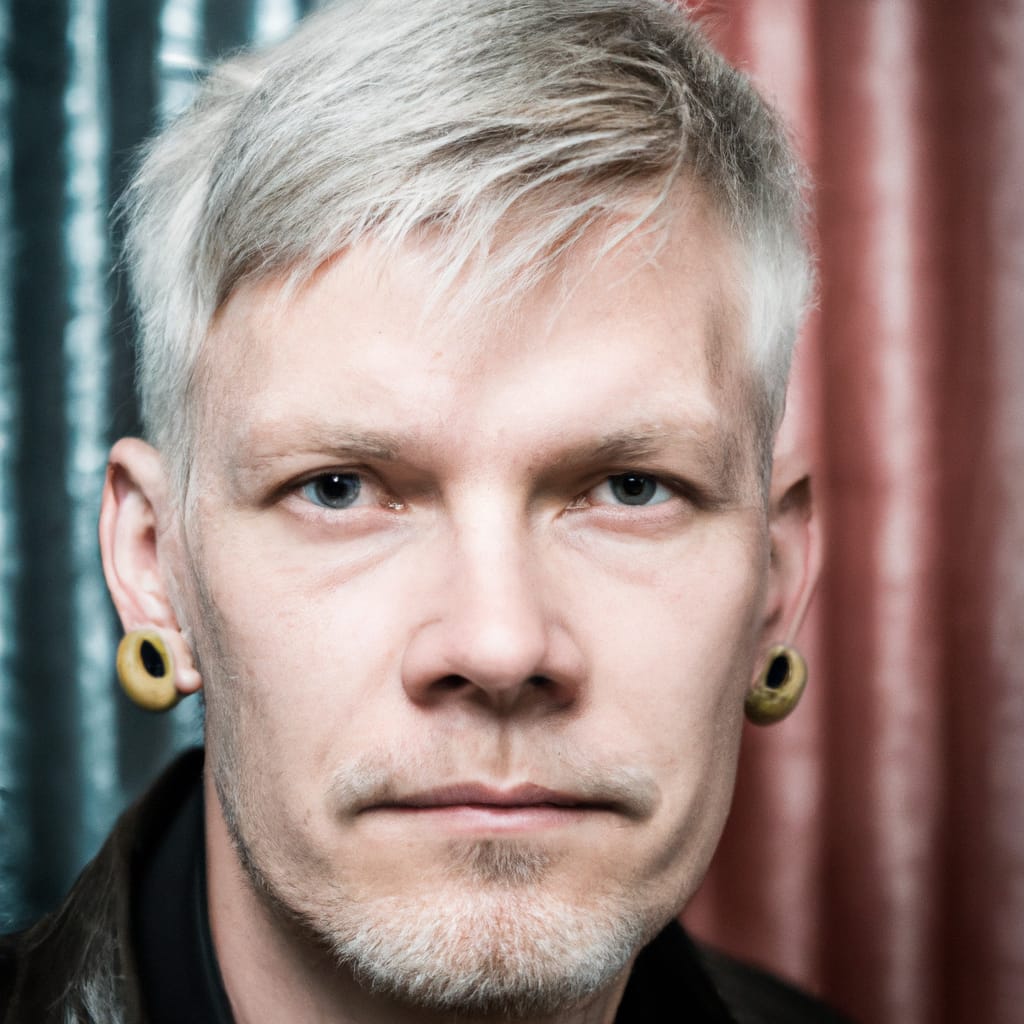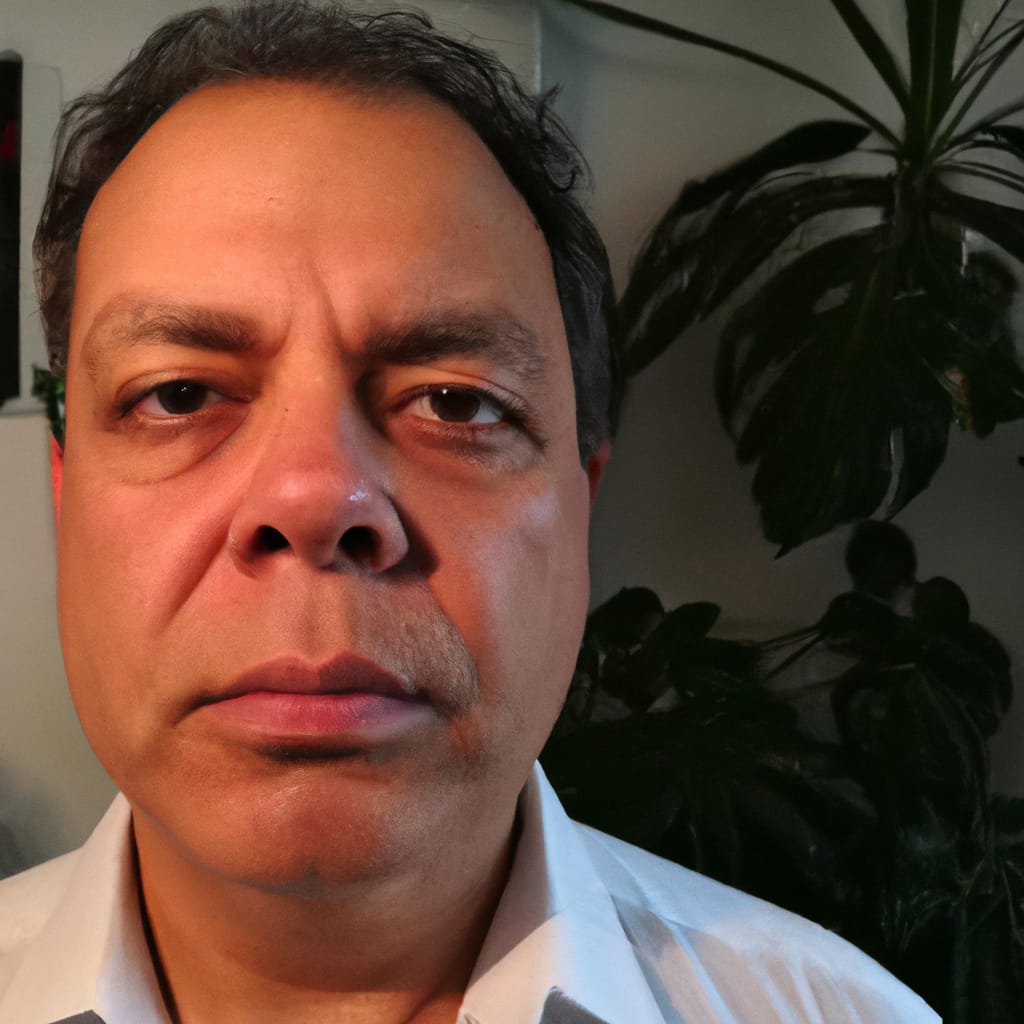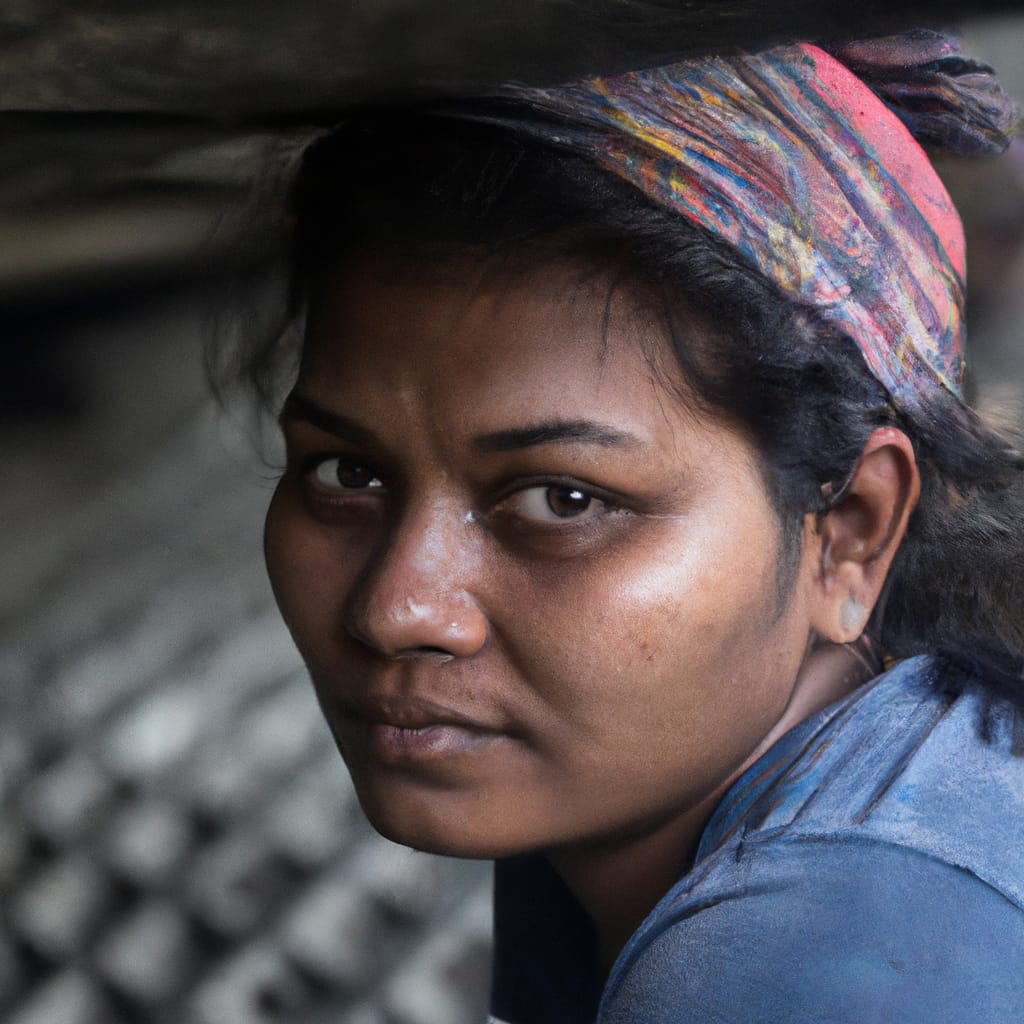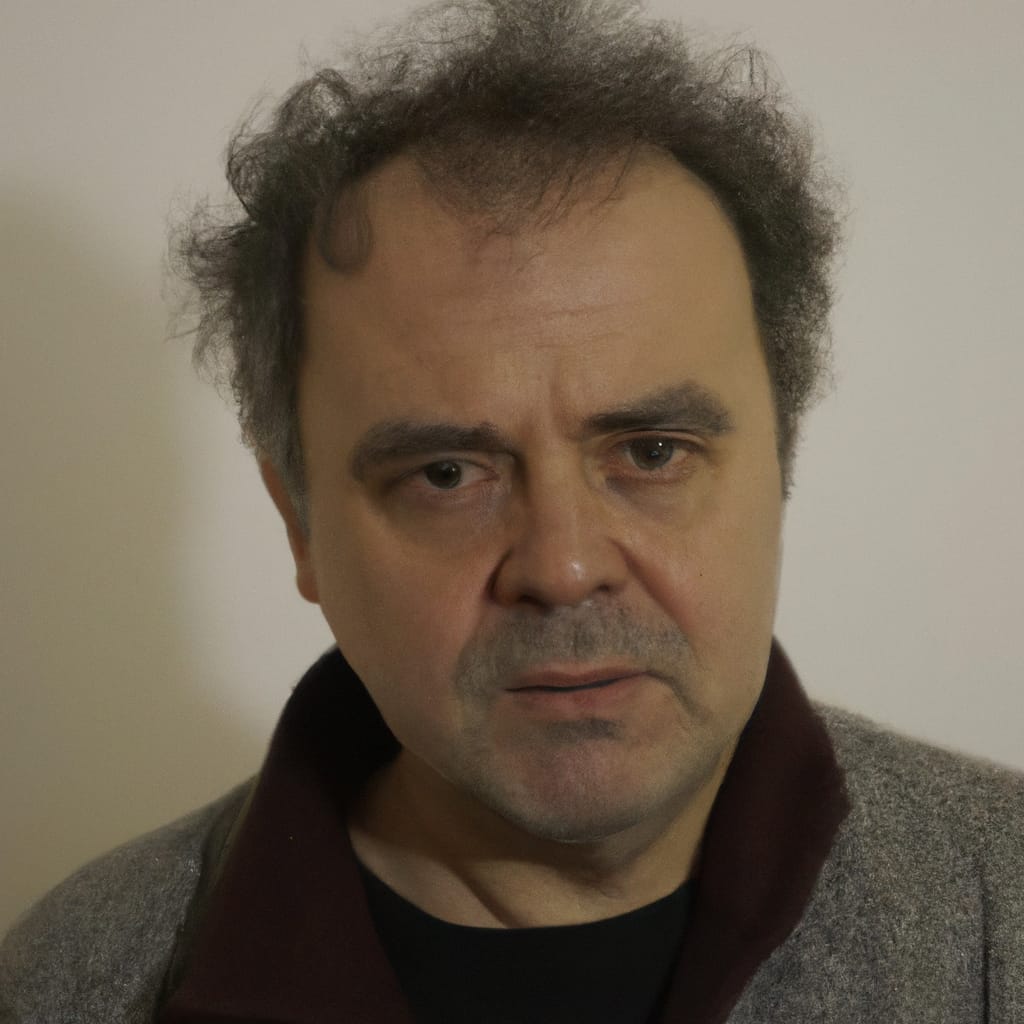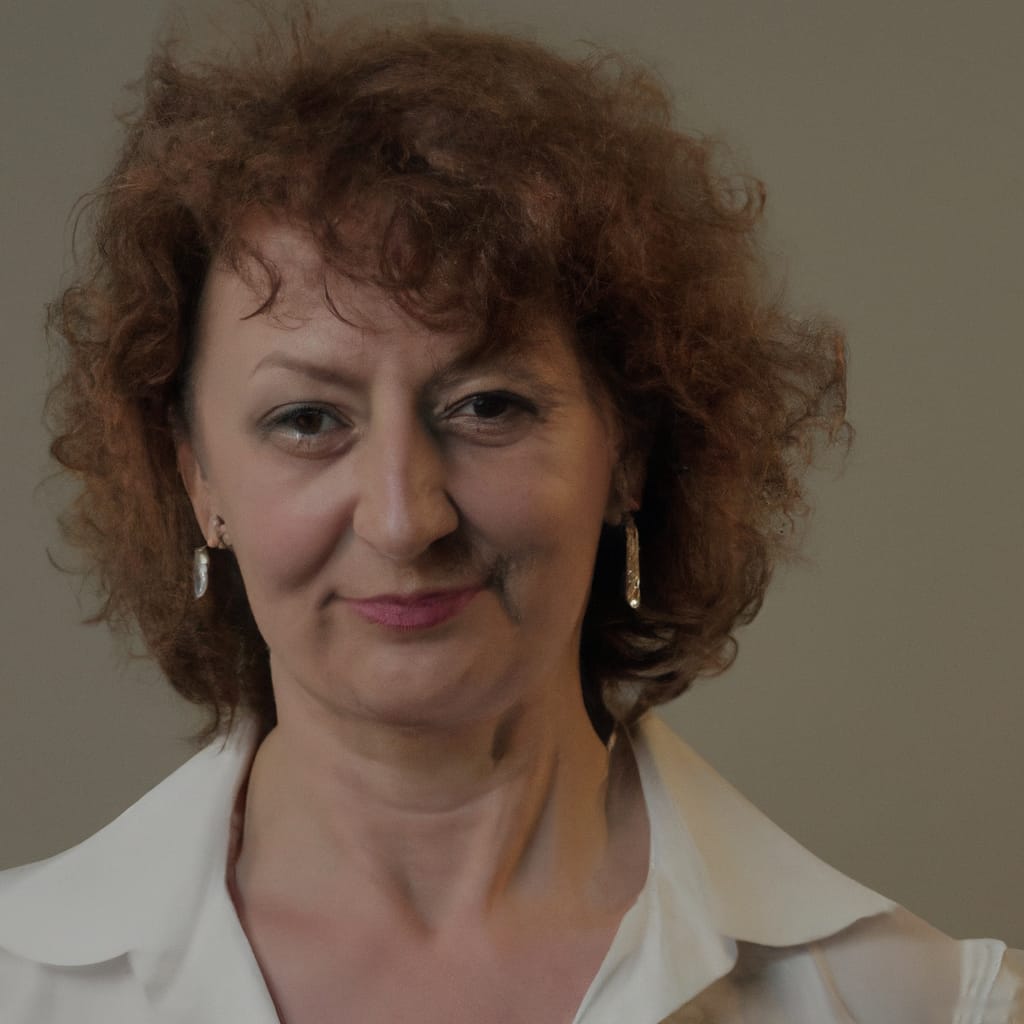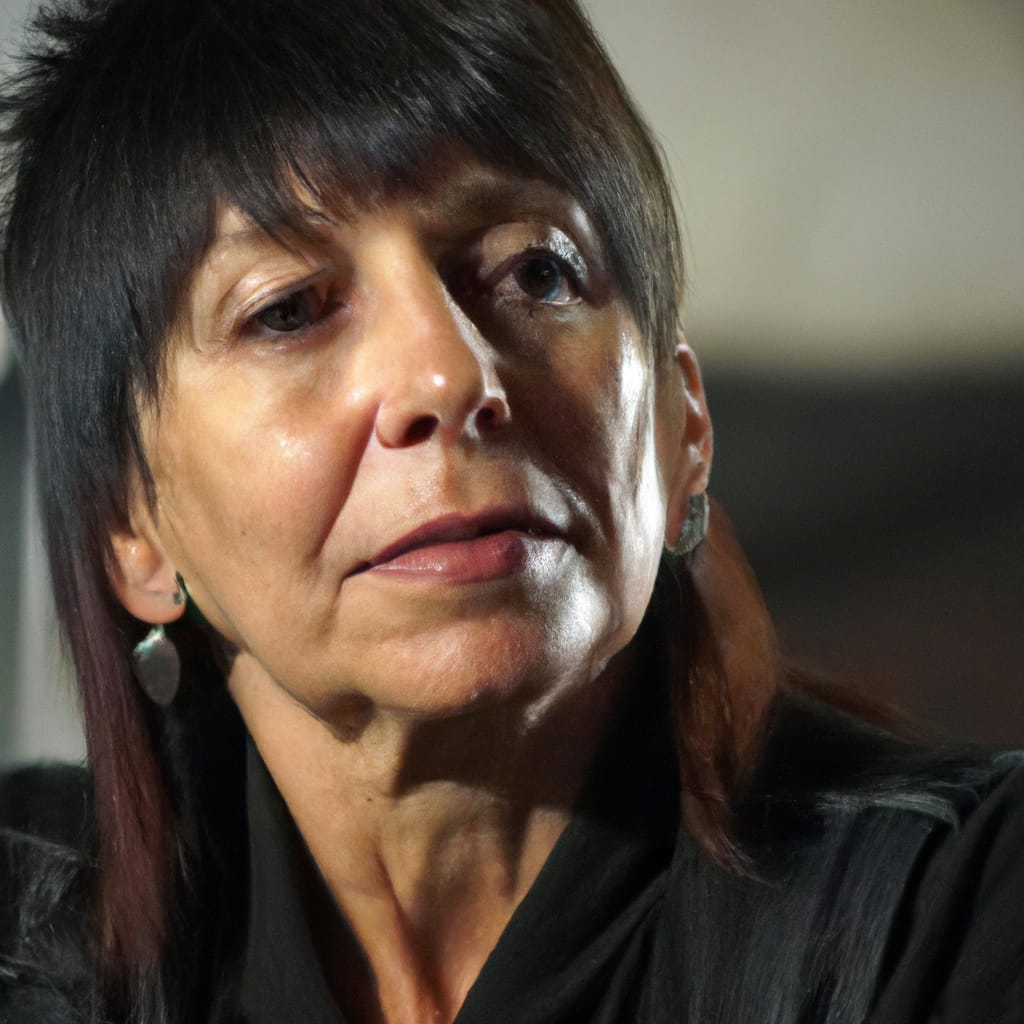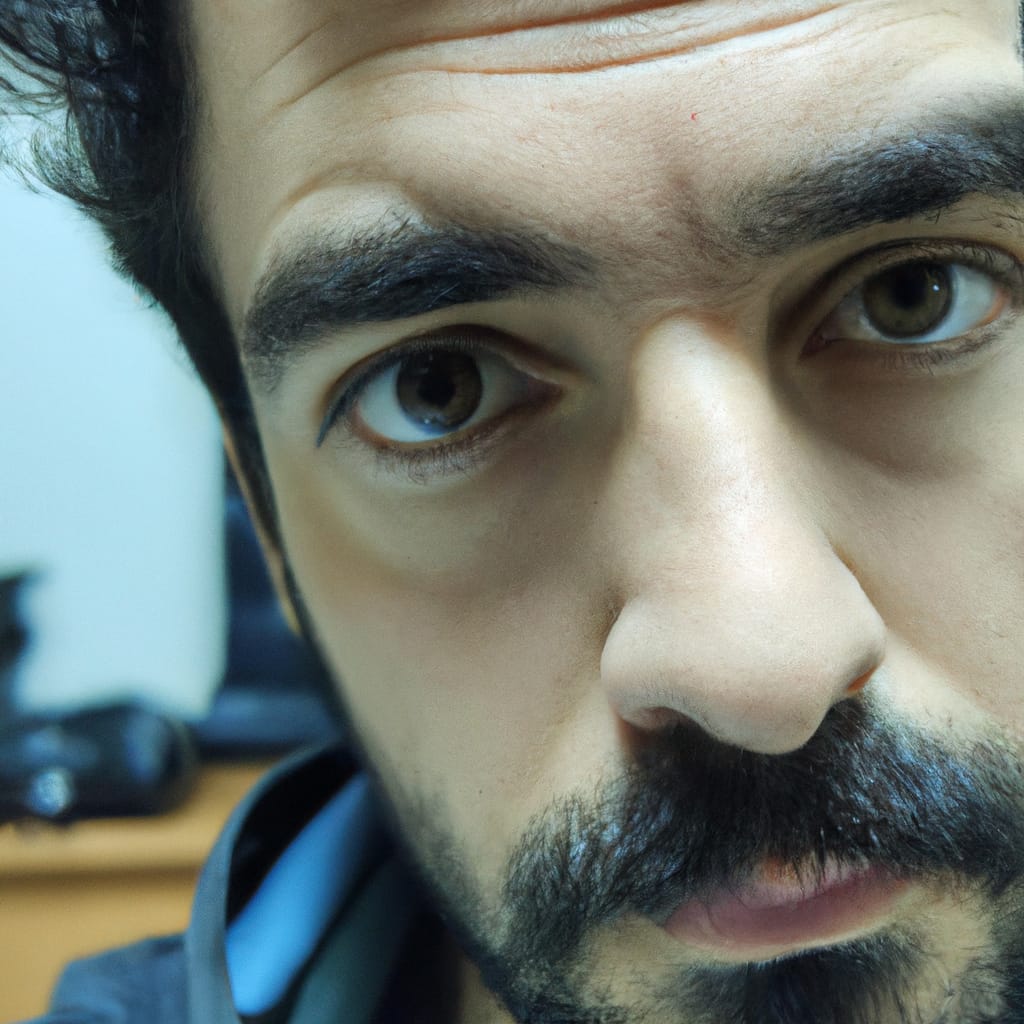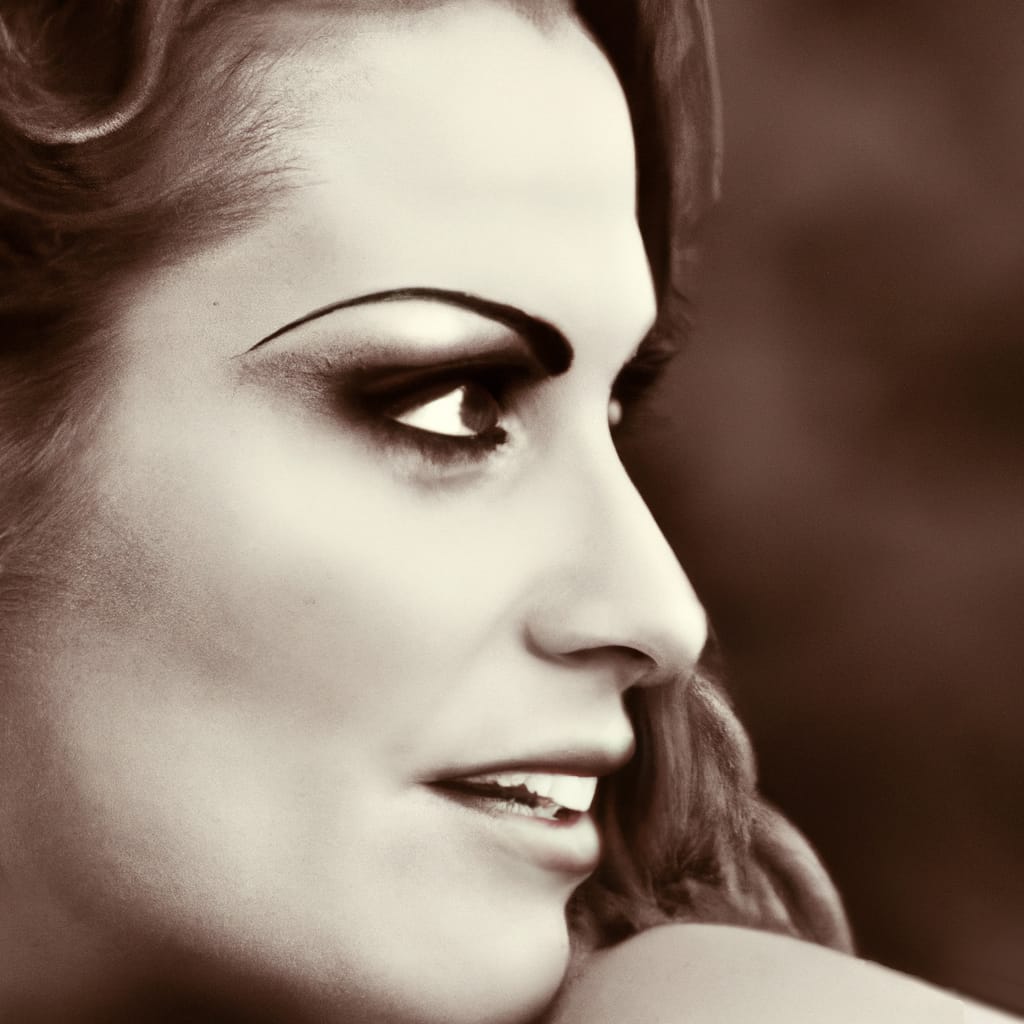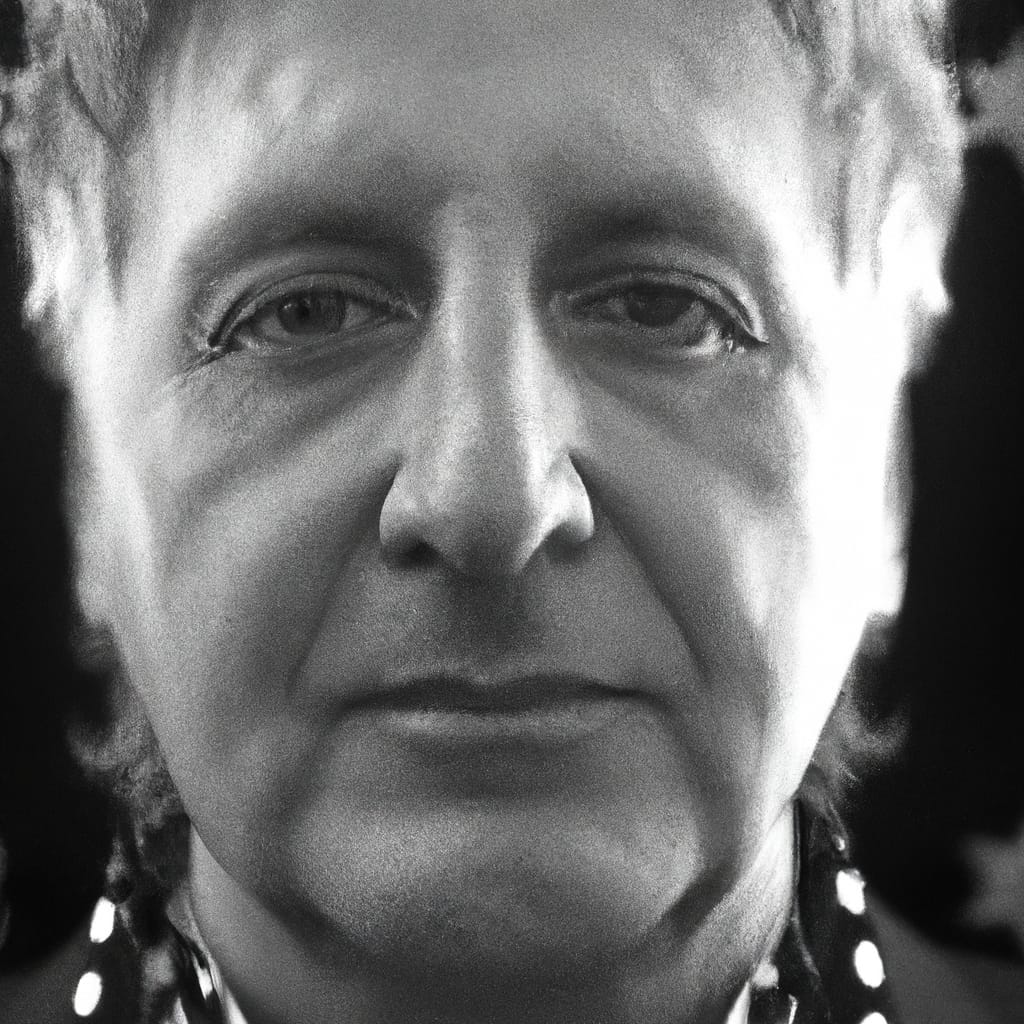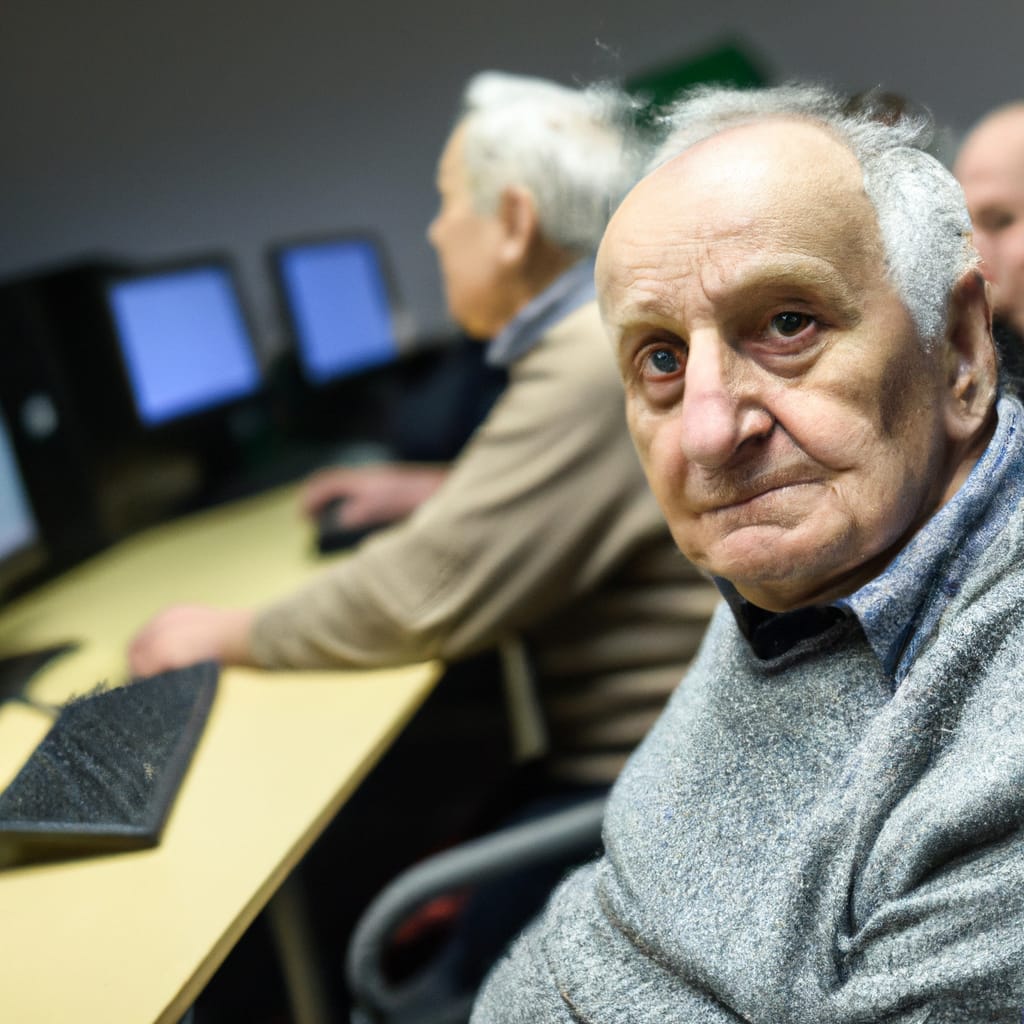Scholastic logic, an ancient discipline developed by Aristotle over two millennia ago, is known for its simplistic dichotomy of true and false. In contrast, the schools of Indian philosophy offer a more nuanced approach to logical evaluation of facts. Philosophical discourse, in this context, has traditionally relied on sensory perception as evidence, as opposed to epistemology. The scholastic tradition employed intuition to determine the truth or falsity of a statement such as “every human being is an individual”. To do so, one need only ask whether there exists a human being who is not an individual (the answer is no), or whether every human being has a demonstrable individual characteristic (the answer is yes). In this way, statements could be tested for their truth content.
Different schools of epistemology explore various philosophical questions, such as the possibility of living in a simulated reality or the extent to which subjective reality is shaped by personal views, ideas, and biological determinants. These are complex and multifaceted issues, requiring careful consideration and in-depth analysis. While a brief statement cannot do justice to such questions, it is clear that if simulations of equivalent life and views, no less well-founded and even superior to human perception, penetrate our own perceptions, views, and reflections, our conventional ways of understanding and ordering the world could be shaken. This could have far-reaching consequences for the value of human life and individual existence, as well as for people’s respect for each other.
While some fear the overpowering potential of artificial intelligence, there are indications that if AI surpasses human expression, human rights might lose their position as the most essential values. This could have significant consequences for the future of society. Moreover, with the rise of artificial characters in virtual worlds, questions arise about their status and rights. As there are no specific regulations or rights for these characters, it is unclear what this means for people in the “real world” if they begin to coexist with them in the virtual world. The individual expression of AI-generated characters do not differ from real people anymore as the followimg gallery underlines.
